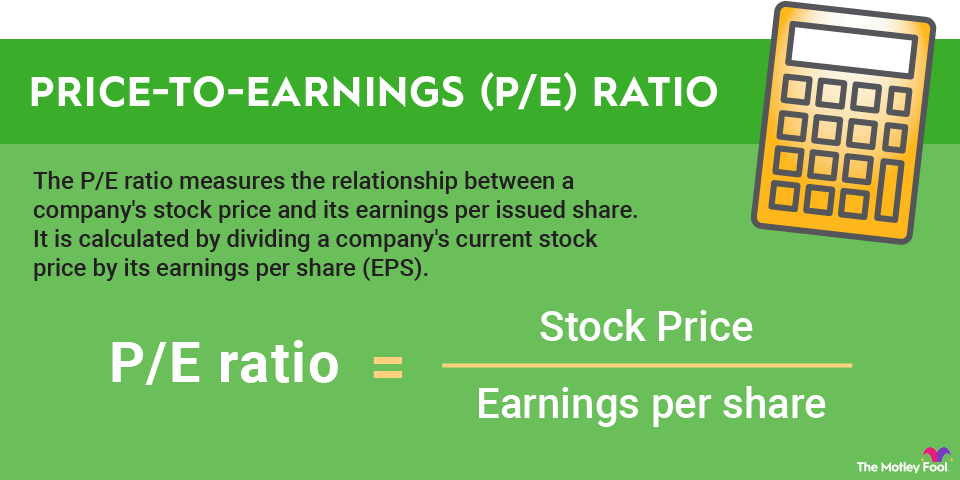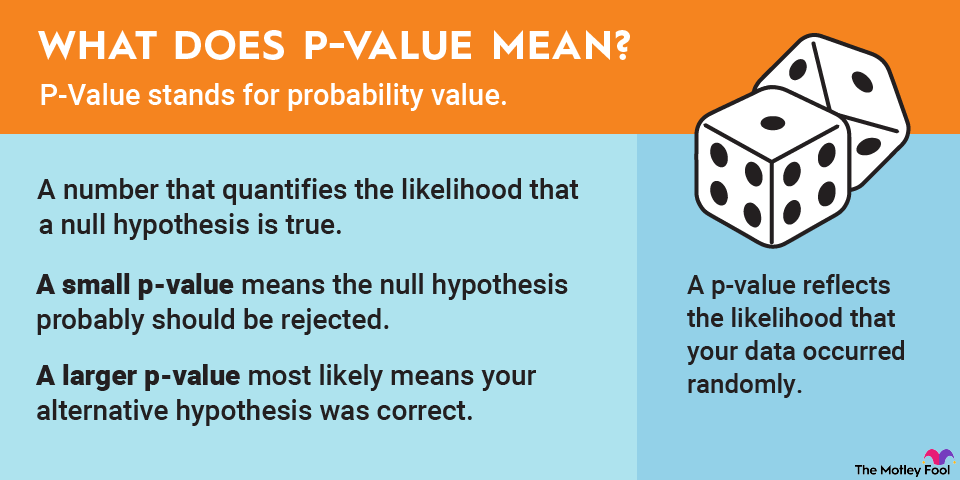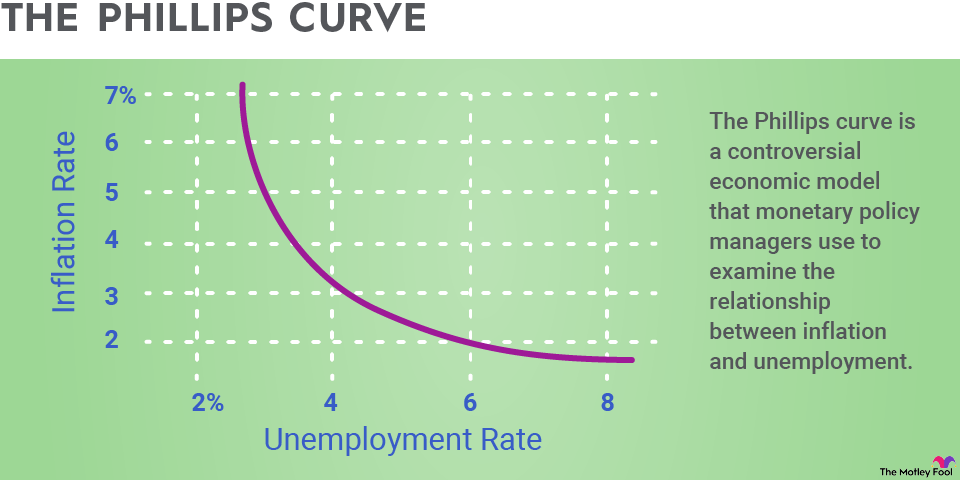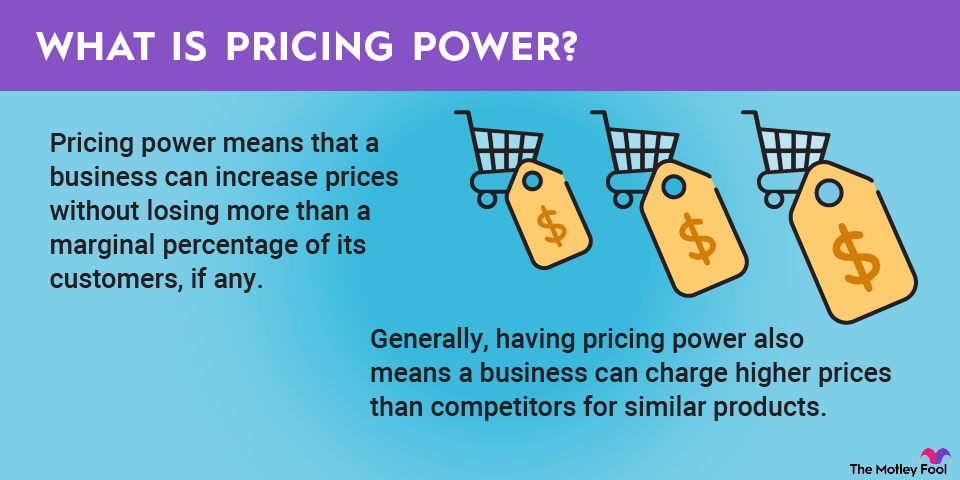If you're seeking to help your child pay for college, a Parent PLUS loan will probably be an option. A Parent PLUS loan is a type of federal loan that's made to the parent of a dependent undergraduate student. Keep reading to learn about Parent PLUS loans and whether they're the right choice for your family.

What is a Parent PLUS loan?
A Parent PLUS loan is a federal student loan that's made to parents of dependent undergraduate students to cover the costs of the child's education that aren't covered by the student's financial aid package. It's one of two types of Direct PLUS loans; the other is known as Grad PLUS loans. They help graduate and professional students pay for their education.
When you take out a Parent PLUS loan, you're responsible for repaying the money you borrow. Even after your child graduates, you won't be able to transfer a Parent PLUS to their name.
To qualify for a Parent PLUS loan, you must meet the following three requirements:
- You must be the biological or adoptive parent of an undergraduate student who's enrolled at least half-time in a qualifying program.
- You'll need to pass a credit check. If you have any outstanding balances above $2,085 that are more than 90 days delinquent, you've had an account sent to collections in the past two years, or you've had a bankruptcy, tax lien, wage garnishment, repossession, foreclosure, default determination, or charge-off/write-off of federal student debt in the past five years, you'll need an endorser (essentially, a co-signer) or you'll need to document extenuating circumstances.
- You must meet the basic requirements for receiving financial aid. Your child must be a U.S. citizen or eligible non-citizen, and you must have a financial need, although there are no set income eligibility limits.
Loan terms for Parent PLUS loans
Parent PLUS loans disbursed between July 1, 2023, and June 30, 2024, have a fixed interest rate of 8.05%. There's also an origination fee of 4.228% that's deducted from each disbursement.
For you to take out a Parent PLUS loan, your child will need to complete the Free Application for Federal Student Aid (FAFSA). Although there are no hard limits on the amount you can borrow, the loan can't exceed the costs of your child's education, minus the financial aid they receive. Their school will determine the exact amount they can borrow.
You can request a deferment, which means that you won't have to start repaying the loan until six months after your child graduates, as long as they remain enrolled in school at least half-time. If you don't request a deferment, you'll need to start making payments shortly after the loan is disbursed.
Parent PLUS loan vs. cosigning a loan
One alternative to taking out Parent PLUS loans is cosigning a private student loan for your child. But there are a few important distinctions to be aware of.
When you take out Parent PLUS loans, you alone are legally responsible for repaying the debt. If you cosign a private student loan, both you and your child are on the hook for its repayment, although the lender can still sue you for the full balance if your child fails to make payments.
Private Student Loans
Taking out a Parent PLUS loan can be advantageous because the federal government gives you a number of flexible repayment options, which we'll discuss in the next section. With private student loans, however, the lender doesn't need to offer relief if you're struggling with payments.
One disadvantage of Parent PLUS loans is that you won't help your child build their credit since the debt is solely in the parent's name. If you cosigned a private loan for your child, you'd help them establish a credit history. However, since a Parent PLUS loan is taken out only by the parent, you won't have to worry about whether your child is keeping up with payments. If they default on a private loan with both of your names on it, the damage to your credit is the same as it would be if you defaulted on debt that's in your name.
Related investing topics
What if I can't afford to repay a Parent PLUS loan?
If you can't afford to pay your Parent PLUS loan, you have several options, including:
- Income-contingent repayment plans: Monthly payments are capped at 20% of your discretionary income. After 25 years of on-time payments, the balance is forgiven. This can be a good option if you're approaching retirement since many retirees have limited income. Your payments could be $0 in some circumstances. You'll need to consolidate your loans to qualify for this option.
- Extended repayment plan: The standard repayment term for federal student loans is 10 years, but an extended repayment plan stretches the repayment period to 25 years. Of course, the longer repayment term causes you to pay more interest.
- Graduated repayment plans: You remain on the standard 10-year repayment timeline, but your payments start out lower and increase every two years. These plans can make sense if you expect your income to increase.
- Refinance with a private lender: You could refinance Parent PLUS loans into your child's name through a private lender. Your child will need a good credit score to do so and will assume responsibility for paying back the debt.
- Request deferment or forbearance: You can request to put your Parent PLUS loan payments on pause even if your child is no longer a student under some circumstances, like if you're experiencing economic hardship, you're undergoing cancer treatment, or you're unemployed. However, interest will continue to accrue and will be added to the balance once your payments resume.
Credit Score
If you're unable to afford payments, it's essential to talk to your student loan servicer as soon as possible. If your loan goes into default, your wages and tax refunds could be garnished. The federal government can also withhold as much as 15% of your Social Security benefits.
The National Foundation for Credit Counselors and the Financial Counseling Association of America are two good resources if you need help figuring out how to balance your Parent PLUS loans with your other financial obligations. Also, consider asking your child for help making your payments. They may not be legally responsible for the balance, but you took on that debt to finance their education.



















